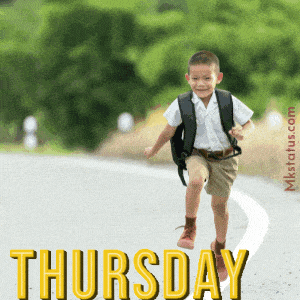ENGLISH:
We have seen how to use the verbs "play, go and do" with sports and a vocabulary activity.
1) Copy in your English notebook.
HOW TO USE PLAY, GO AND DO WITH SPORTS
- Play: It´s used with sports where a ball is used as fooball, tennis, pin pon, basketball, golf, hockey...
- Go: in sports or activities finished in -ing. For example: swimming, jogging, running, skiing, iceskating, horseriding...
- Do: With sports or activities where a ball is not used and not finished in -ing.
2) Do activities f and g in your notebook:
NATURAL SCIENCE:
1) Read pages 48 and 49 in your book.
2) Watch these videos about trophic relationships.
What is a food chain?
3) Copy this summary in your notebook:
SUMMARY
PAGES 48 AND 49
A trophic relationship shows how living things are related each other in an ecosystem by food.
The trophic relationships in ecosystems are balanced and they work as a cycle.
Elements in a trophic relationship:
- Producers: They make their own food (photosyntesis). Plants.
- Primary consumers: They feed on plants. They are herbivores.
- Secondary consumers: They feed on primary consumers. They are carnivores.
- Tertiary consumers: They feed on carnivores and some in hervibores too. They are omnivores.
- Decomposers: They break down dead living things and they are helpful for soil because they help soil to get nutrients. Decomposers are worms, some bacteria, fungi...
Ecosystems have:
- Food chains between different organisims (producers, consumers, decomposers)
- Food webs: These are formed by groups of food chains.










